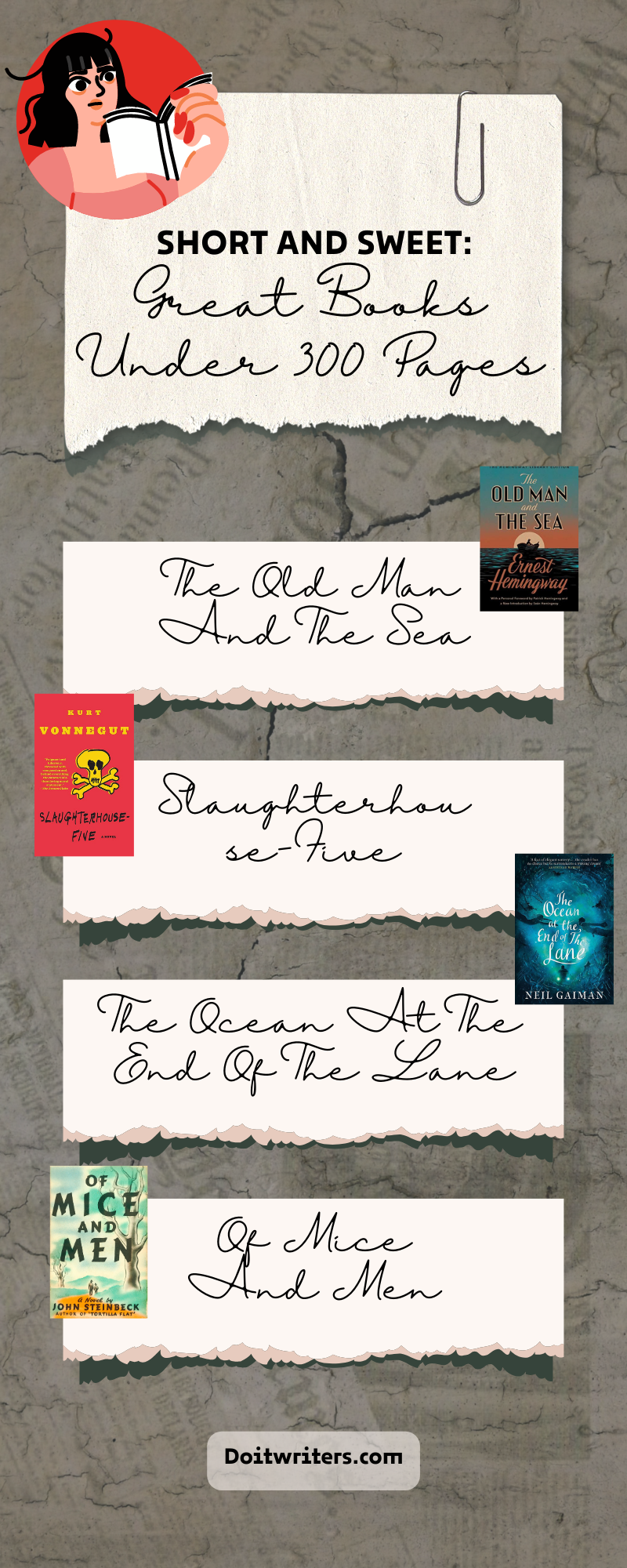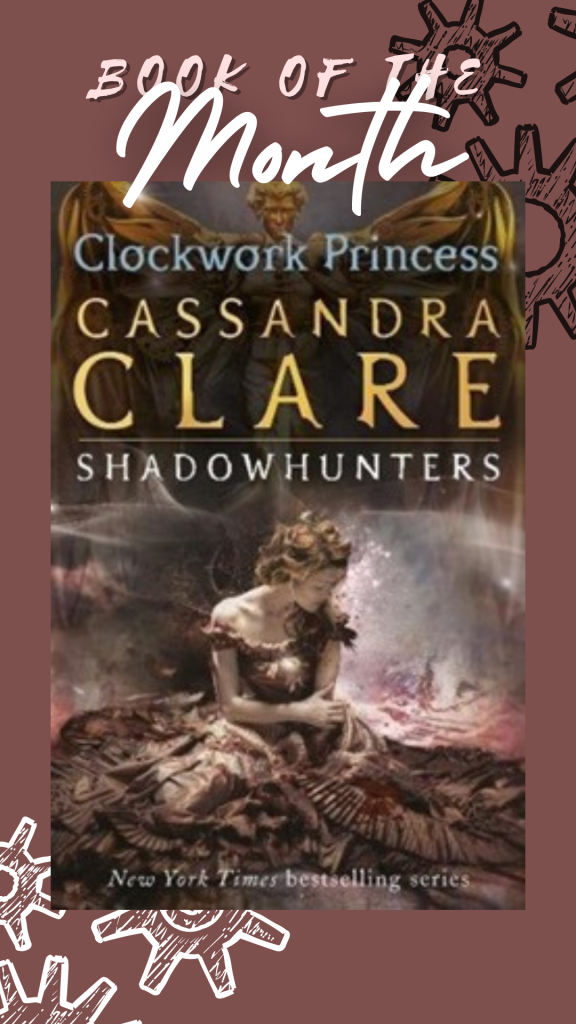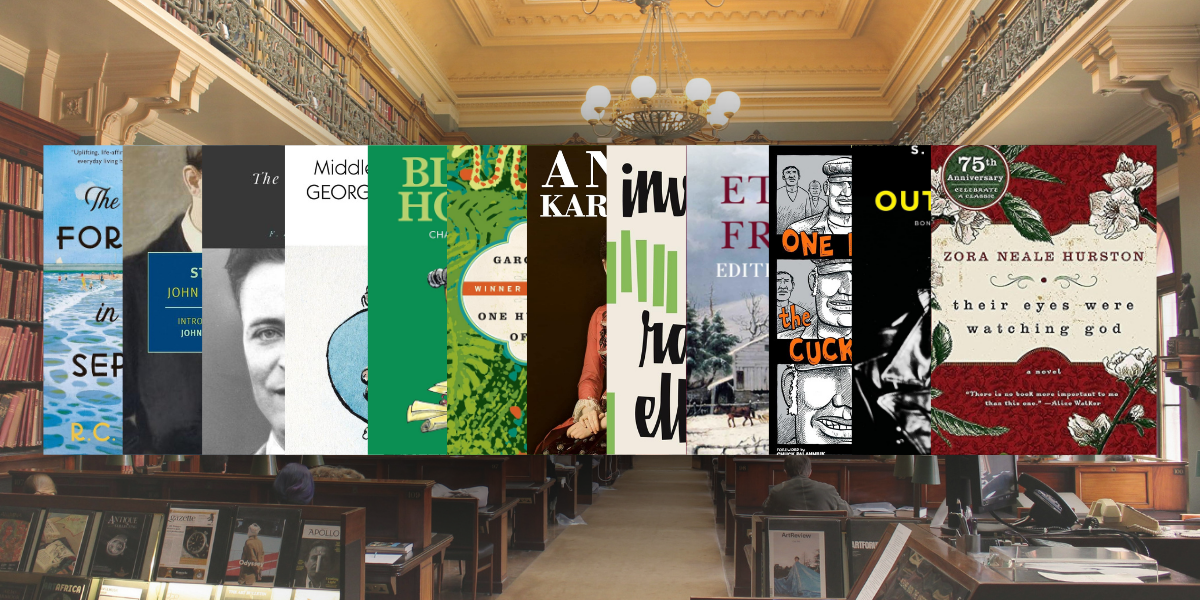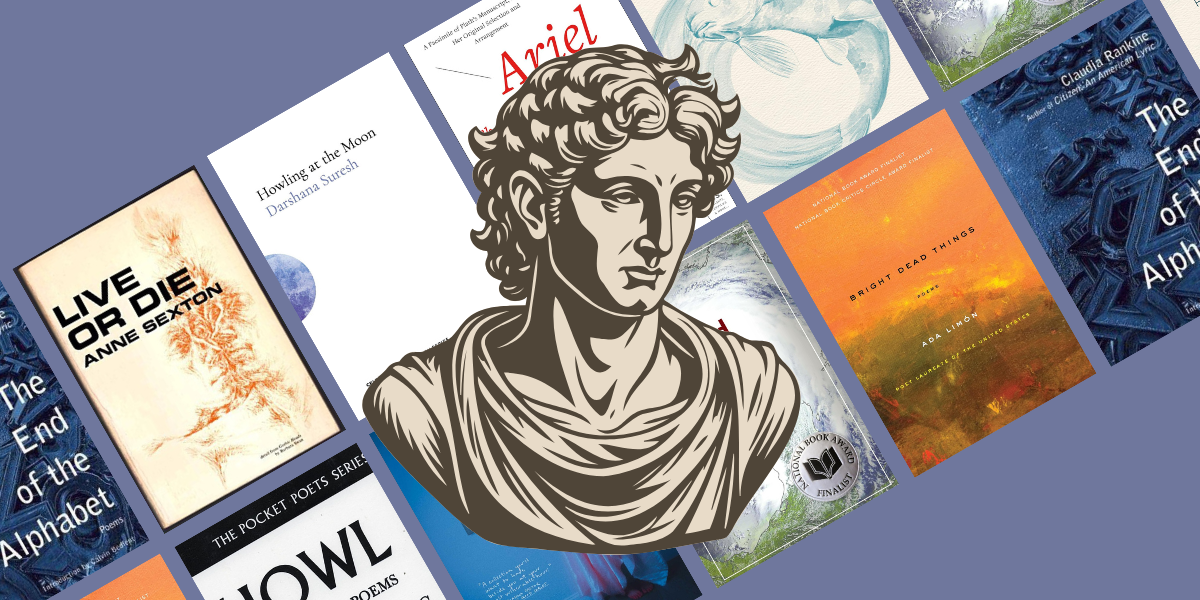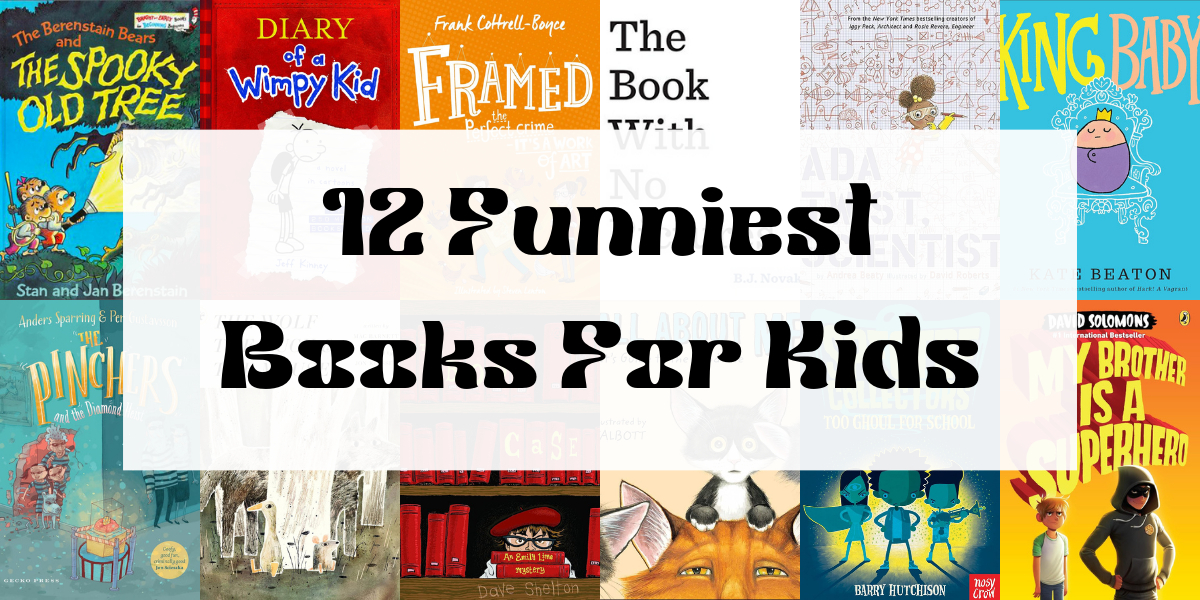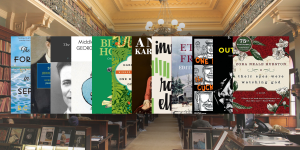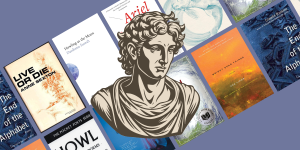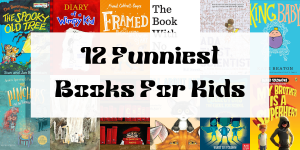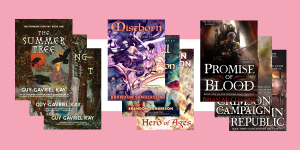In a world where time is a precious commodity, these captivating reads offer the perfect escape without demanding an overwhelming commitment.
From heartwarming tales of love and friendship to thrilling adventures that will leave you on the edge of your seat, these compact gems pack a powerful punch. I’ve carefully curated a collection that proves that brevity can be just as impactful as an epic saga.
So, whether you’re a book lover with a busy schedule or simply seeking a delightful literary getaway, get ready to immerse yourself in these short yet profoundly satisfying stories.
Best Books Under 300 Pages
In a world bustling with endless distractions and time constraints, the value of books under 300 pages cannot be overstated. These compact literary gems offer a concise yet impactful reading experience, allowing readers to embark on captivating journeys without feeling overwhelmed. With every word carefully chosen, these books deliver powerful storytelling, memorable characters, and profound themes in a condensed format.
Whether you’re a busy individual seeking a quick escape or an avid reader hungry for diverse literary adventures, these short and sweet books are sure to satisfy your craving for compelling narratives.
So let’s dive into an enchanting realm of concise storytelling with our carefully curated selection of 10 books under 300 pages that promise to transport you to new worlds and leave an indelible mark on your heart and mind.
1. Animal Farm by George Orwell
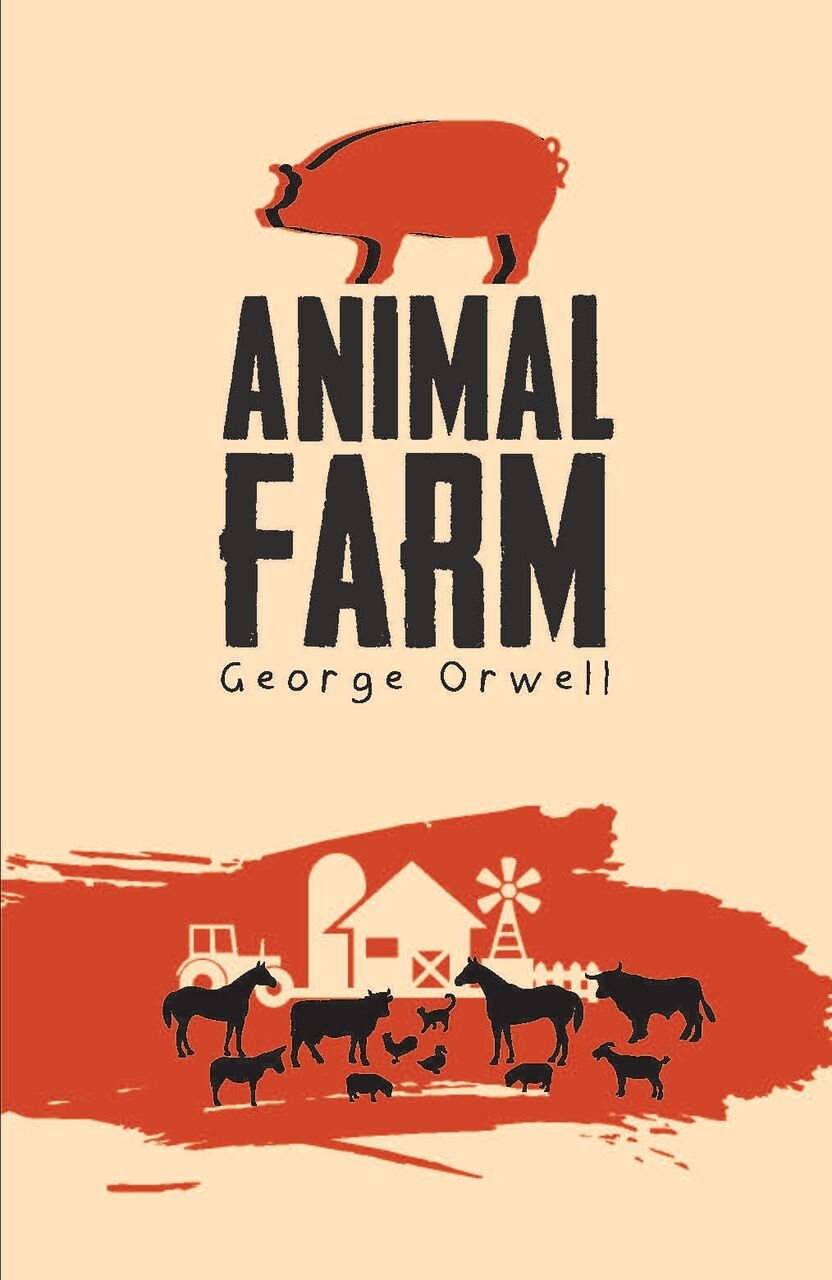
“Animal Farm” by George Orwell is a classic allegorical novella that serves as a powerful political satire. Set on a farm, the story revolves around a group of mistreated animals who revolt against their human farmer, Mr. Jones, in pursuit of a society where animals can live free from human oppression. Led by the pigs, notably Snowball and Napoleon, the animals establish their own system of governance called “Animalism.” Initially, the farm thrives under the principles of equality and cooperation.
However, as time passes, the pigs gradually adopt more human-like traits and exploit their fellow animals for personal gain, ultimately creating a new oppressive regime. The book unfolds as a chilling exploration of the corruption of power and the dangers of totalitarianism.
In under 300 pages, “Animal Farm” offers a succinct yet impactful commentary on politics, human nature, and the dynamics of power. Through its simple yet engaging narrative, it sheds light on the potential pitfalls of idealism and the abuse of authority. The book’s concise length allows readers to delve into a thought-provoking tale that continues to be relevant in contemporary society, making it an essential and accessible read for anyone interested in understanding the complexities of governance, leadership, and the human condition.
2. Of Mice and Men by John Steinbeck
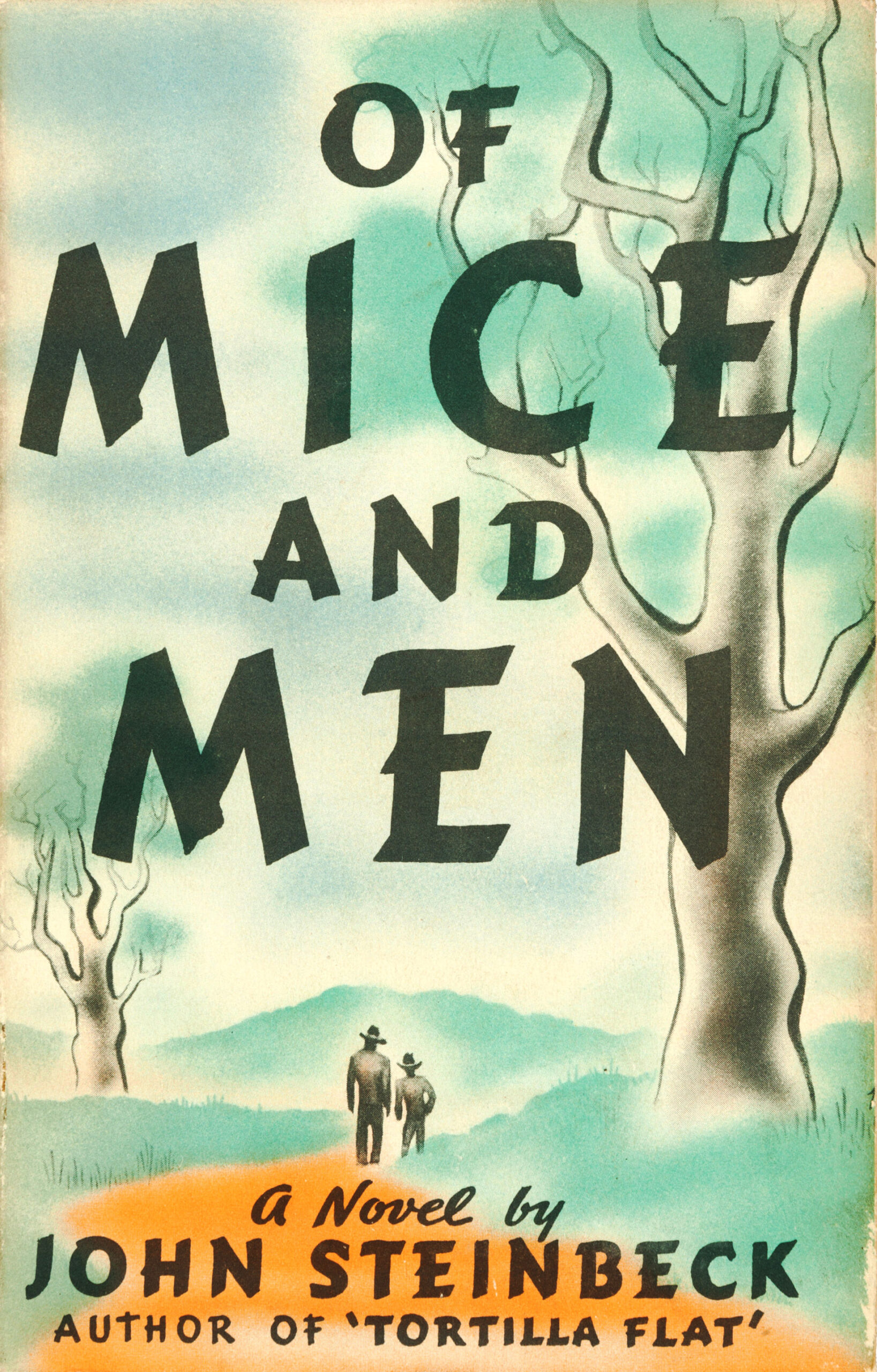
“Of Mice and Men” by John Steinbeck is a compelling and poignant novella set in Depression-era America. The story follows the unlikely friendship between two displaced laborers, George and Lennie, as they search for work and a place to call their own. George is intelligent and quick-witted, while Lennie possesses immense physical strength but has a childlike mind.
Amidst the harsh realities of their nomadic life, the two dream of owning a piece of land, a symbol of their desire for stability and independence. However, Lennie’s innocence and inability to control his strength lead to a tragic turn of events that tests the boundaries of friendship and sacrifices.
Within its concise narrative of under 300 pages, “Of Mice and Men” offers a profound exploration of human hopes, loneliness, and the complexities of the human heart. Steinbeck’s masterful storytelling delves into themes of the American Dream, resilience, and the frailty of aspirations in the face of a harsh and unforgiving world. Through memorable characters and evocative prose, the novella leaves a lasting impact on readers, provoking introspection and empathy for the struggles faced by the marginalized and the vulnerable.
3. The Great Gatsby by F. Scott Fitzgerald
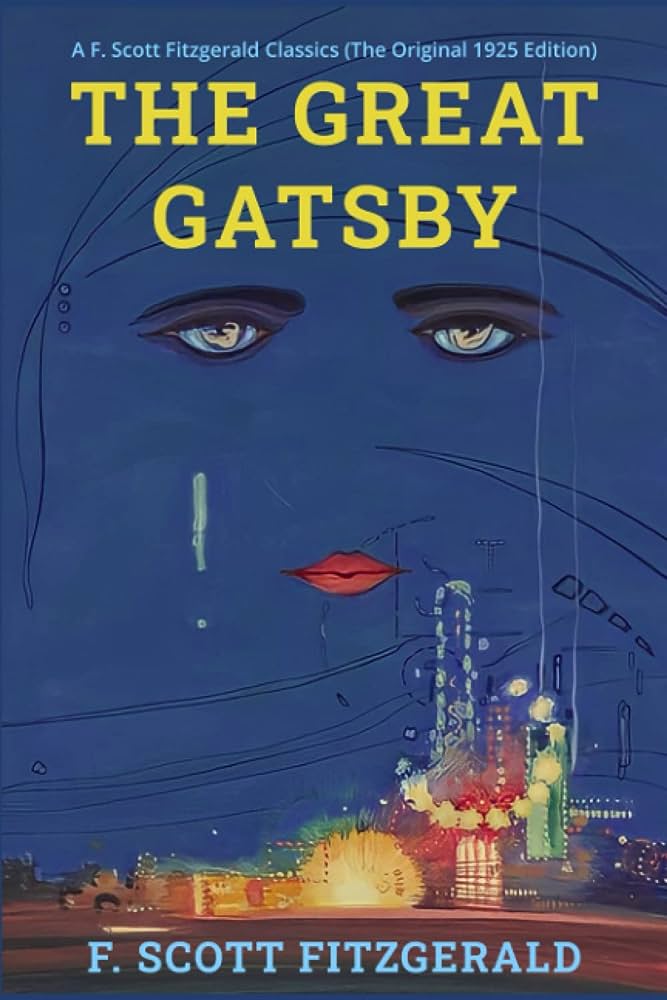
“The Great Gatsby” by F. Scott Fitzgerald is a timeless classic set in the exuberant Jazz Age of the 1920s. The novel delves into the glitzy and glamorous world of Jay Gatsby, a mysterious millionaire who throws lavish parties at his opulent mansion in West Egg, Long Island. Narrated by Nick Carraway, a young and impressionable bond salesman, the story unfolds as he becomes entangled in the lives of the wealthy elite.
Amidst the extravagance and hedonism, Gatsby’s sole pursuit is to win back the heart of his former love, Daisy Buchanan, who is now married to the old-moneyed Tom Buchanan. As their lives intertwine, the novel explores themes of love, wealth, social status, and the American Dream.
Within its incisive narrative of under 300 pages, “The Great Gatsby” offers a captivating portrayal of the Jazz Age’s allure and excesses, as well as a penetrating critique of the elusive and often illusory nature of the American Dream. With its richly drawn characters and masterful prose, the novel delves deep into the complexities of human desires and the tragic consequences that ensue when dreams and reality collide. A compelling and thought-provoking read, “The Great Gatsby” continues to resonate with readers, imparting timeless insights into the human condition and the pursuit of happiness.
4. The Stranger by Albert Camus
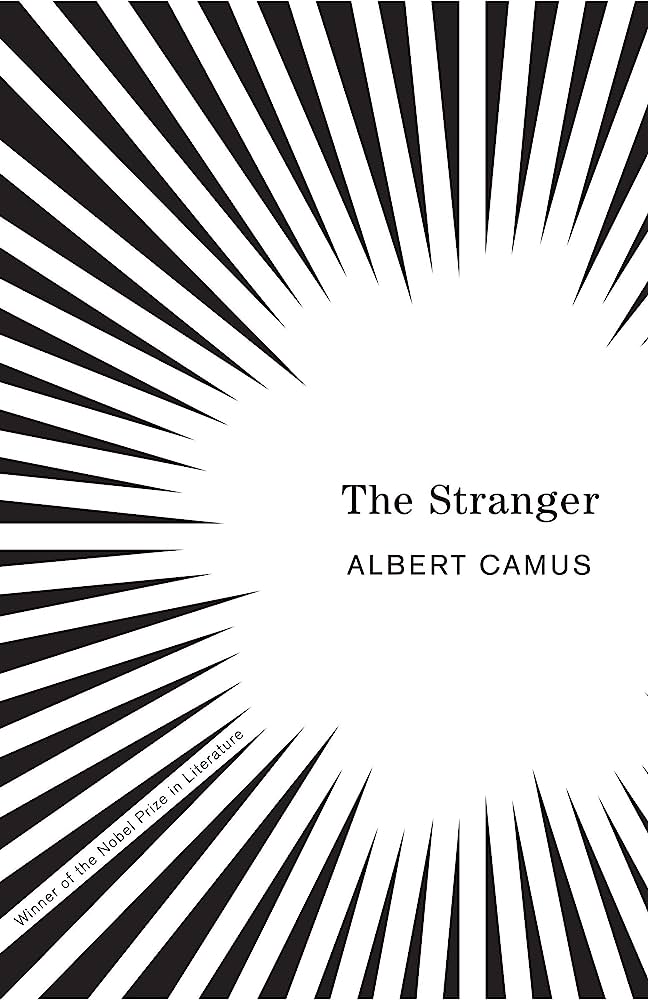
“The Stranger” by Albert Camus is a thought-provoking and existential novel that delves into the life of Meursault, an emotionally detached and apathetic French Algerian. The story begins with Meursault’s seemingly indifferent reaction to his mother’s death, setting the stage for an exploration of his detached outlook on life and society. As events unfold, Meursault becomes embroiled in a murder trial, which further reveals the absurdity of human existence and the clash between individuality and societal norms.
Within its under 300 pages, “The Stranger” offers readers a profound and introspective journey into the philosophy of existentialism. Camus’ skillful portrayal of Meursault’s detachment and nonconformity challenges conventional moral and social expectations, prompting readers to question the meaning of life and the inherent isolation of the human experience. The novel’s exploration of the human psyche, moral ambiguity, and the consequences of existential choices provides a rich and contemplative reading experience, leaving a lasting impression on those who venture into the enigmatic world of Meursault’s mind.
5. The Alchemist by Paulo Coelho
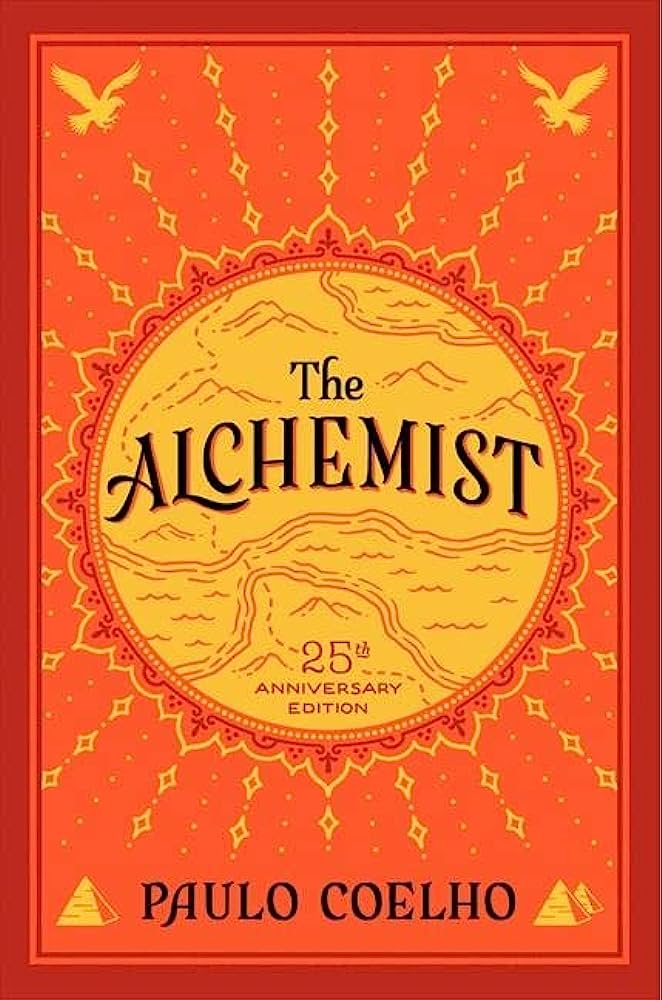
“The Alchemist” by Paulo Coelho is a mesmerizing and philosophical novel that follows the journey of Santiago, a young Andalusian shepherd. Dissatisfied with his ordinary life, Santiago embarks on a quest to find his personal legend, a destiny that holds the key to his true purpose and happiness. Guided by mystical signs and encounters with various characters, he travels from Spain to the Egyptian desert in pursuit of a hidden treasure.
In under 300 pages, “The Alchemist” weaves a captivating narrative filled with allegorical wisdom and profound life lessons. Through Santiago’s trials and triumphs, Coelho explores themes of self-discovery, following one’s dreams, and the interconnectedness of the universe. The book offers a soul-stirring reflection on the importance of listening to one’s heart and embracing the journey of life with courage and determination. With its enchanting storytelling and thought-provoking insights, “The Alchemist” has touched the hearts of millions and continues to inspire readers to seek their own path to fulfillment and purpose.
6. The Old Man and the Sea by Ernest Hemingway
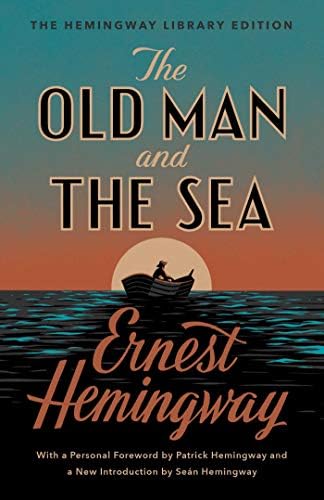
“The Old Man and the Sea” by Ernest Hemingway is a powerful and timeless novella that portrays the profound struggle of an aging Cuban fisherman, Santiago. For days, Santiago has been unlucky in catching any fish, leaving him impoverished and isolated. Undeterred by adversity, he sets out into the open sea in pursuit of a giant marlin. Through a grueling and relentless battle with the majestic fish, Santiago’s determination and resilience are tested to their limits.
In under 300 pages, Hemingway crafts a moving and deeply philosophical tale that explores the themes of perseverance, courage, and the indomitable human spirit. The novella’s succinct yet evocative prose conveys a profound sense of solitude and the intrinsic connection between man and nature. Through Santiago’s solitary journey, readers are invited to contemplate the essence of human existence, the beauty of struggle, and the intrinsic value of one’s efforts, regardless of the outcome. “The Old Man and the Sea” stands as a testament to the human will and remains an enduring masterpiece that resonates with readers across generations.
7. Slaughterhouse-Five by Kurt Vonnegut
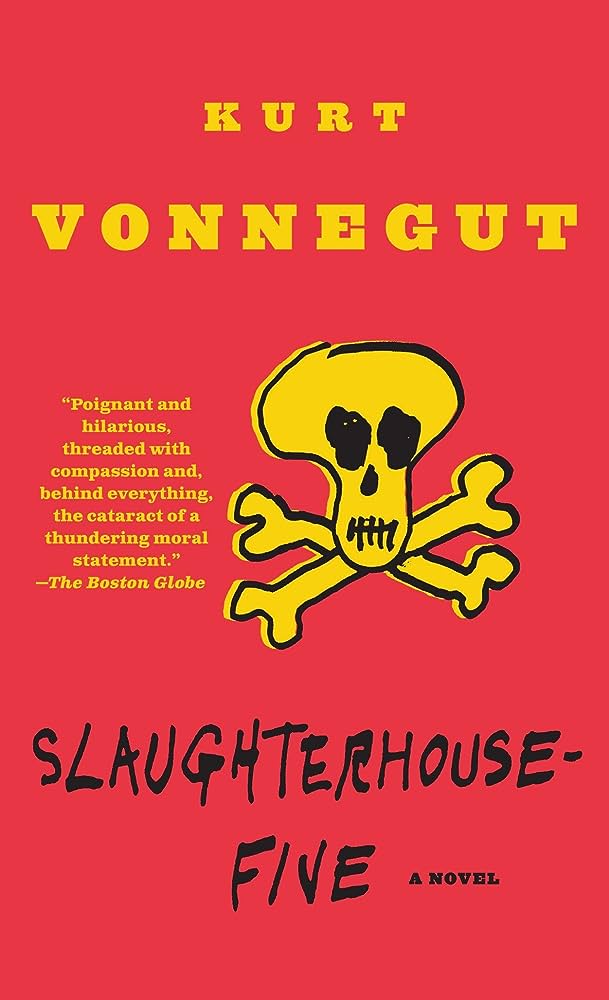
“Slaughterhouse-Five” by Kurt Vonnegut is a unique and thought-provoking novel that defies traditional narrative structures. The story centers on Billy Pilgrim, an optometrist who becomes “unstuck in time,” experiencing various moments of his life in a nonlinear manner, including his experiences as a World War II soldier.
Throughout the novel, Vonnegut weaves together themes of war, fate, and the human condition with dark humor and biting satire. Billy’s time-traveling adventures take him to the bombing of Dresden during World War II, a pivotal event that profoundly impacts his life. The narrative explores the absurdity and brutality of war while delving into the idea of fatalism and the notion that some events are simply beyond human control.
In under 300 pages, “Slaughterhouse-Five” offers a powerful and introspective reflection on the horrors of war, the nature of time, and the complexities of human existence. Vonnegut’s innovative storytelling challenges conventional notions of time and reality, inviting readers to contemplate the cyclical nature of history and the profound impact of traumatic experiences. With its blend of science fiction elements and philosophical depth, “Slaughterhouse-Five” continues to captivate readers, providing a unique and profound literary experience that lingers long after the final page.
8. The Little Prince by Antoine de Saint-Exupéry

“The Little Prince” by Antoine de Saint-Exupéry is a whimsical and enchanting novella that holds a special place in the hearts of readers young and old. The story follows an aviator who crash-lands in the Sahara Desert, where he encounters a curious young boy, the titular Little Prince. As they form an unlikely friendship, the Little Prince shares his extraordinary adventures from his tiny home planet and imparts profound insights about life, love, and the complexities of the adult world.
In under 300 pages, “The Little Prince” offers a timeless exploration of the human condition and the importance of viewing the world with childlike wonder and imagination. Through its charming narrative and exquisite illustrations, the novella delves into themes of innocence, loneliness, and the essence of what truly matters in life. With its allegorical tale and poetic prose, “The Little Prince” serves as a heartfelt reminder to embrace the beauty of the simple and meaningful things in life, making it a cherished and enlightening literary gem.
9. The Ocean at the End of the Lane by Neil Gaiman
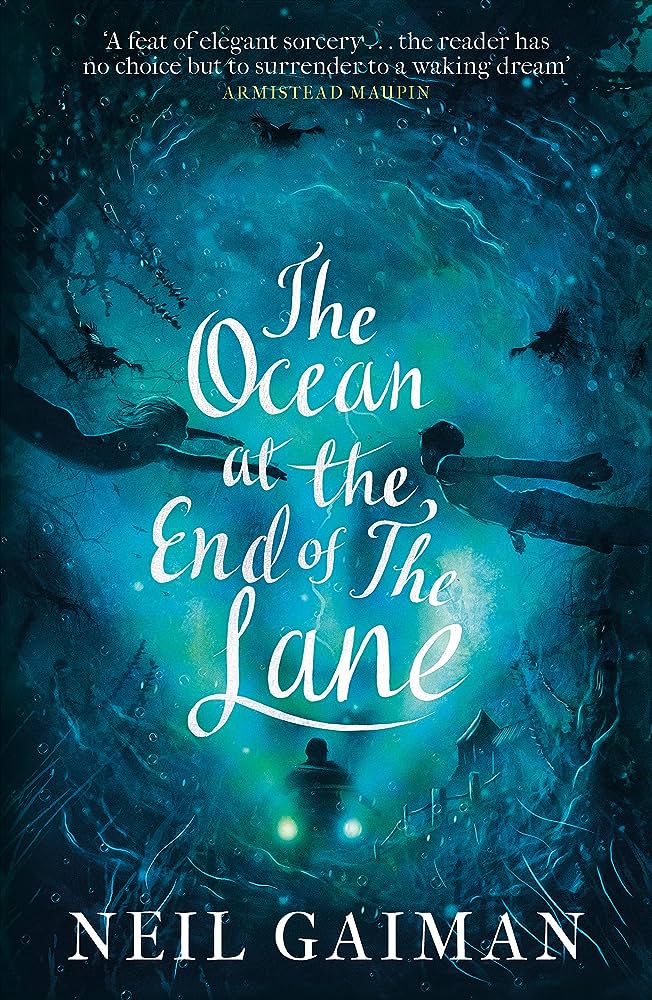
“The Ocean at the End of the Lane” by Neil Gaiman is a mesmerizing and haunting fantasy novel that takes readers on a journey of magic, memory, and the blurred lines between reality and imagination. The story follows an unnamed protagonist who returns to his childhood home for a funeral, sparking memories of a mysterious and otherworldly past.
As the protagonist revisits his childhood, he recalls a series of extraordinary events that unfolded when he was just seven years old. A strange and captivating friendship with Lettie Hempstock, an enigmatic girl from a neighboring farm, leads him into a hidden world of ancient powers and malevolent forces.
Within its under 300 pages, “The Ocean at the End of the Lane” weaves a rich tapestry of folklore and dark fantasy, delving into themes of innocence, loss, and the power of memory. Gaiman’s masterful storytelling immerses readers in a world of wonder and terror, where the boundaries between reality and dreams blur. The novel’s poetic prose and evocative imagery provide a poignant and thought-provoking reading experience, leaving an indelible impression on the reader’s mind long after the final page. “The Ocean at the End of the Lane” is a literary gem that captures the essence of childhood wonder and the mysteries that lie just beyond the surface of everyday life.
10. The Curious Incident of the Dog in the Night-Time by Mark Haddon
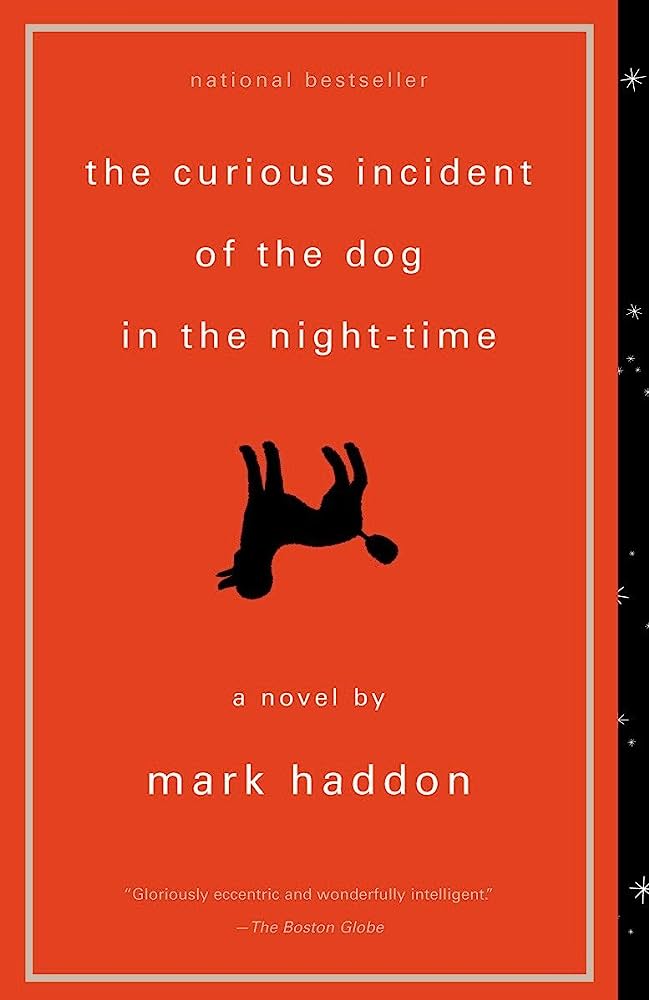
“The Curious Incident of the Dog in the Night-Time” by Mark Haddon is a unique and compelling novel narrated by Christopher Boone, a 15-year-old boy with autism. The story begins with Christopher discovering the dead body of his neighbor’s dog and becoming determined to unravel the mystery behind the canine’s death. Despite his social challenges, Christopher’s extraordinary intellect and passion for mathematics lead him on a journey that unravels family secrets and uncovers unexpected truths about the world around him.
Within its under 300 pages, “The Curious Incident of the Dog in the Night-Time” offers readers a captivating and empathetic glimpse into the mind of an autistic protagonist. Haddon’s sensitive portrayal of Christopher’s perspective and thought processes allows readers to gain a deeper understanding of the unique challenges and strengths of individuals on the autism spectrum. Beyond the detective-style narrative, the novel explores themes of family, trust, and the power of human resilience, leaving a profound impact on its audience. Through its distinctive storytelling, this book offers a touching and insightful reading experience that promotes empathy and encourages readers to embrace the diverse ways in which individuals perceive and navigate the world.
READ MORE: What Are The 10 Best Underrated Books To Read When You’re Bored?
